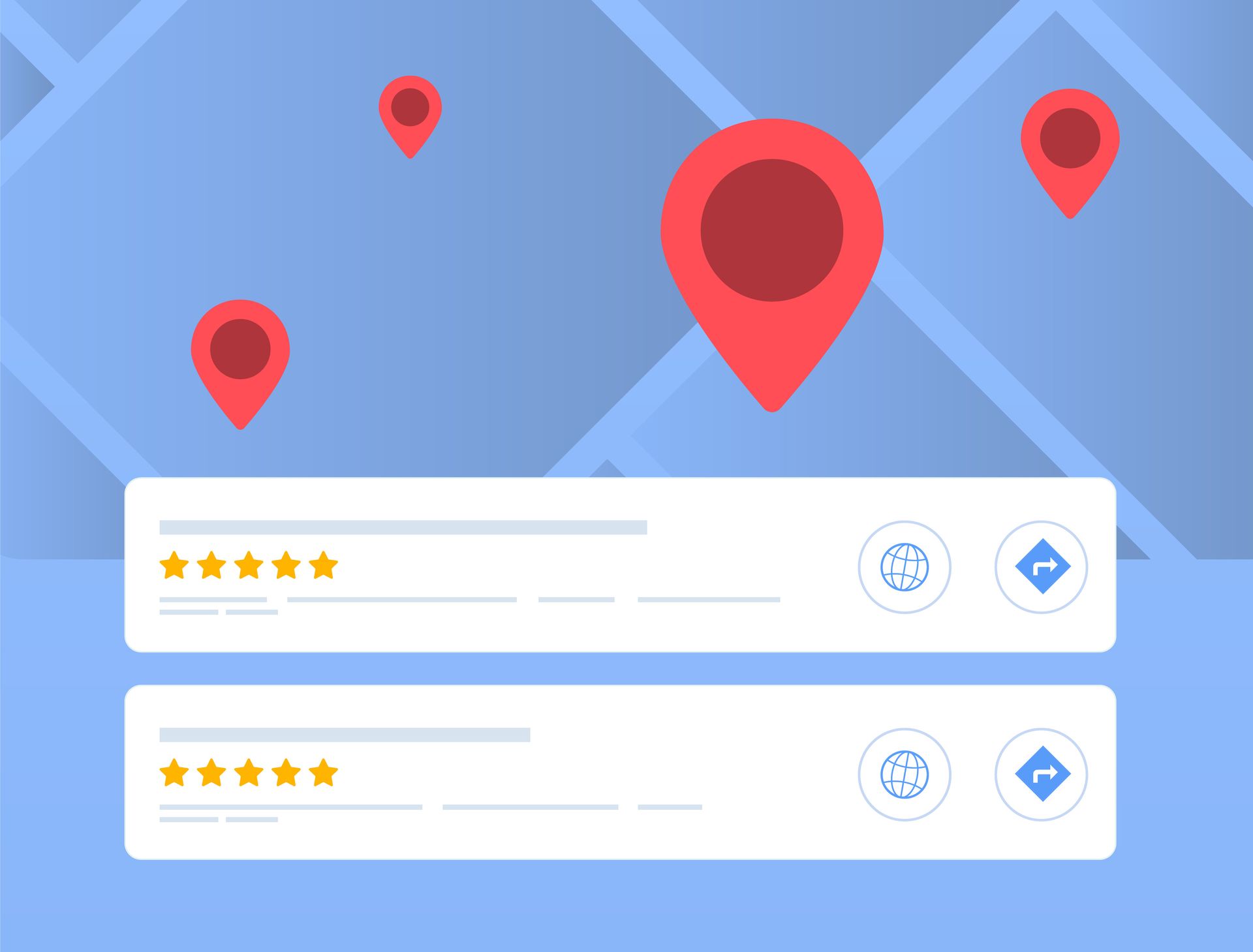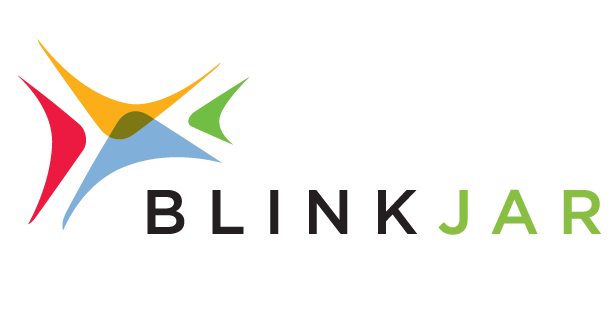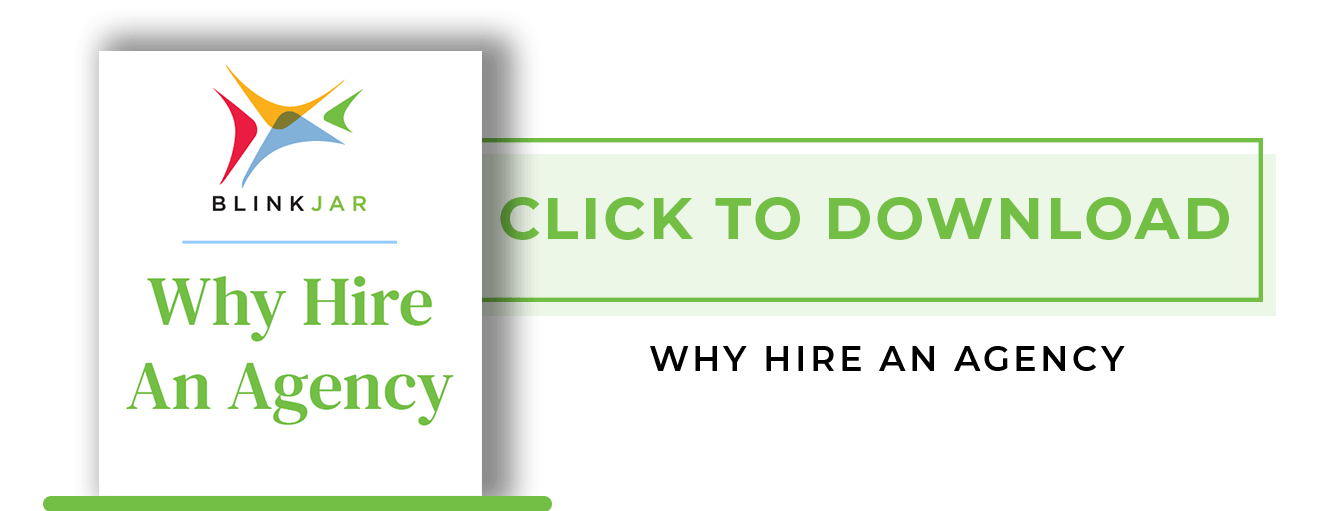Baton Rouge Digital Marketing: Why Call Tracking and Google AdWords Need to Go Together
65% of businesses consider phone calls to be their most valuable source of leads. This makes sense because a phone call gives you the opportunity to engage directly with a potential customer or client. While creating a relevant ad, developing a targeted keyword strategy, and designing a conversion-friendly landing page to generate leads is a strong initiative and the basis of paid search advertising, if you aren’t tracking calls then you’re not seeing the entire picture and could be leaving money on the table.
Call tracking is a tool that allows you to close the gap between online and offline efforts. Even though your paid search ads are technically an “on-line” effort, there is still the potential for a lead to slip through the cracks of standard PPC metrics. This is where call tracking comes in. Call tracking software allows you to assign a unique phone number that rolls over to your main number, or a department or extension of your choosing. This allows you to know and confirm that a call was generated from a specific source.
Newspaper ads, television and radio commercials, and billboards all offer a stimulus, but it’s nearly impossible to confirm how much traffic they actually generate toward your bottom line. With a unique phone number assigned to a specific medium, you have the ability to correlate lead generation to your efforts. And just as a potential client can call your office after seeing a billboard, they can do the same with a paid search ad. There could be many ads that are generating leads, and you could have no idea. This is why including a specific call tracking number on your Google ads and their corresponding landing pages is so important.
If a searcher types in a query and your ad is served they can click on the ad and fill out a form; this gives you all of the information you need about the effectiveness of your ad. However, they can also find your phone number and call, write it down or write it down and call later. At this point, your ad no longer gets credit for generating the lead. This means that without including a unique, trackable number on both your ad and your landing page that the results of your campaign could be skewed toward a much less successful result.
Google allows you to customize your ads with a variety of tools like sitelinks and extensions. Not only do these elements promote clicks and conversions, but they are also the perfect place for your unique, trackable phone number. You should also place this number in a prominent place on the ad’s landing page. This provides another opportunity for you to attribute lead generation to the campaign for visitors that don’t fill out a form.
Why Use a Call Tracking Number with Your AdWords?
There two answers to this question. The first is so that you know what is working. You can run a comprehensive AdWords campaign that gets virtually no clicks, but a lot of phone calls. If you didn’t realize the campaign was generating these calls and subsequently end it, your phone might stop ringing. The second is to know what isn’t working. Through call tracking and search query feedback, you can discover what keywords are most popular, most economical, and how to target your ads for more conversions.
Leveraging the power of call tracking along with the broad reach and targeting of Google AdWords can help you both, close the gap of lost conversions, and create more visibility into the power of your online marketing.









